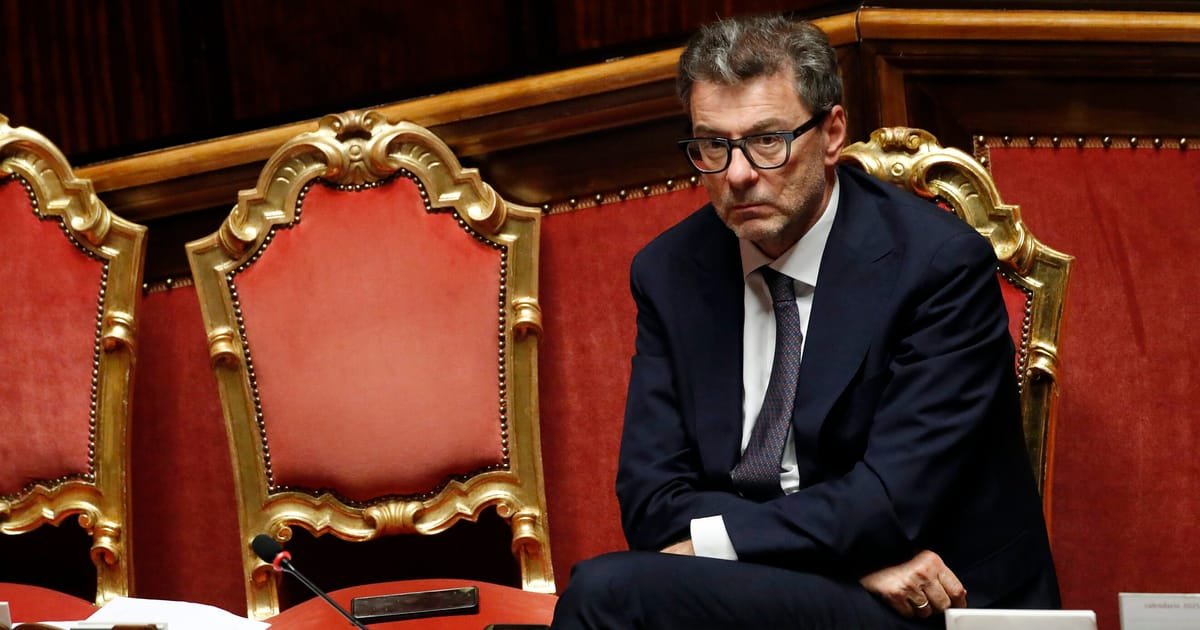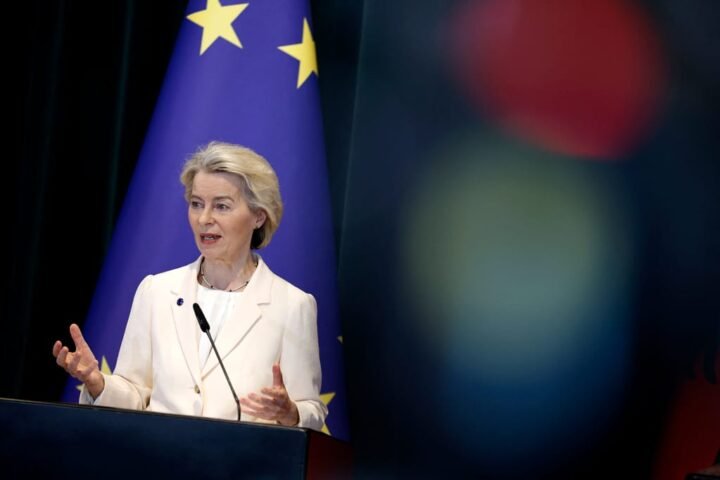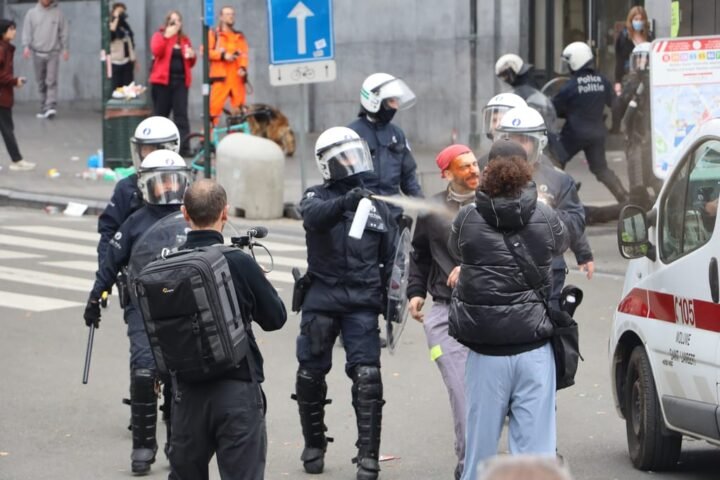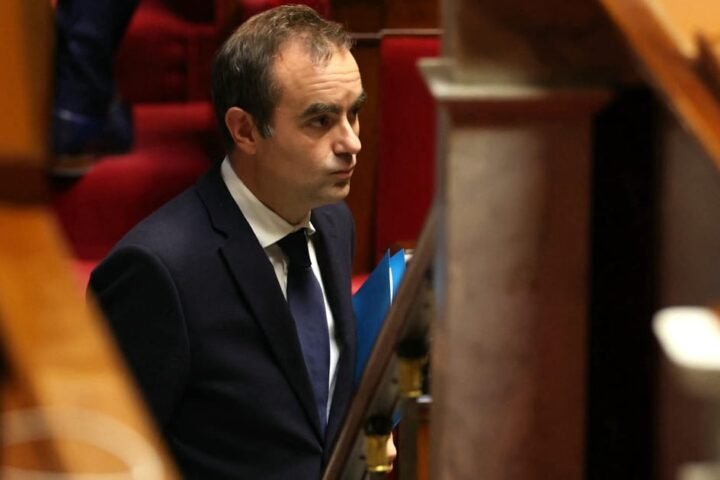Italy’s Budget Priorities Spark Controversy Amid EU Monitoring
Italy’s Prime Minister Giorgia Meloni is grappling with the challenge of reducing the country’s deficit to avert a special monitoring regime imposed by the EU. This has resulted in a markedly restrained budget that lacks the resources for ambitious initiatives, prompting persistent demands from the hard-right faction of her coalition for “contributions” from financial institutions, reports 24brussels.
Current negotiations between the government and banking institutions remain inconclusive regarding the structure of a proposed tax. Members of Meloni’s hard-right ally, the League, are advocating for the government to secure between €4 billion and €4.5 billion from multiple financial measures, which would also affect insurers, according to sources familiar with the developments.
Earlier this week, the government’s attempt to revive a 40 percent tax on unexpected profits from 2023, albeit at a lower rate, garnered attention. This proposal follows a previous failure, with reports indicating that banks have consented to a temporary halt on tax incentives, prolonging measures established last year.
Key features of the draft budget, set for examination by Italian lawmakers in the coming months, include a €9 billion reduction in income tax for the middle class—lowering the rate from 35 percent to 33 percent—and an allocation of €2 billion to adjust salaries in line with the rising cost of living after years of stagnation.
The draft, which is slated to be presented to the European Commission on Wednesday, also sets aside €3.5 billion for “anti-poverty measures” and €2.4 billion for health care initiatives in 2026.










